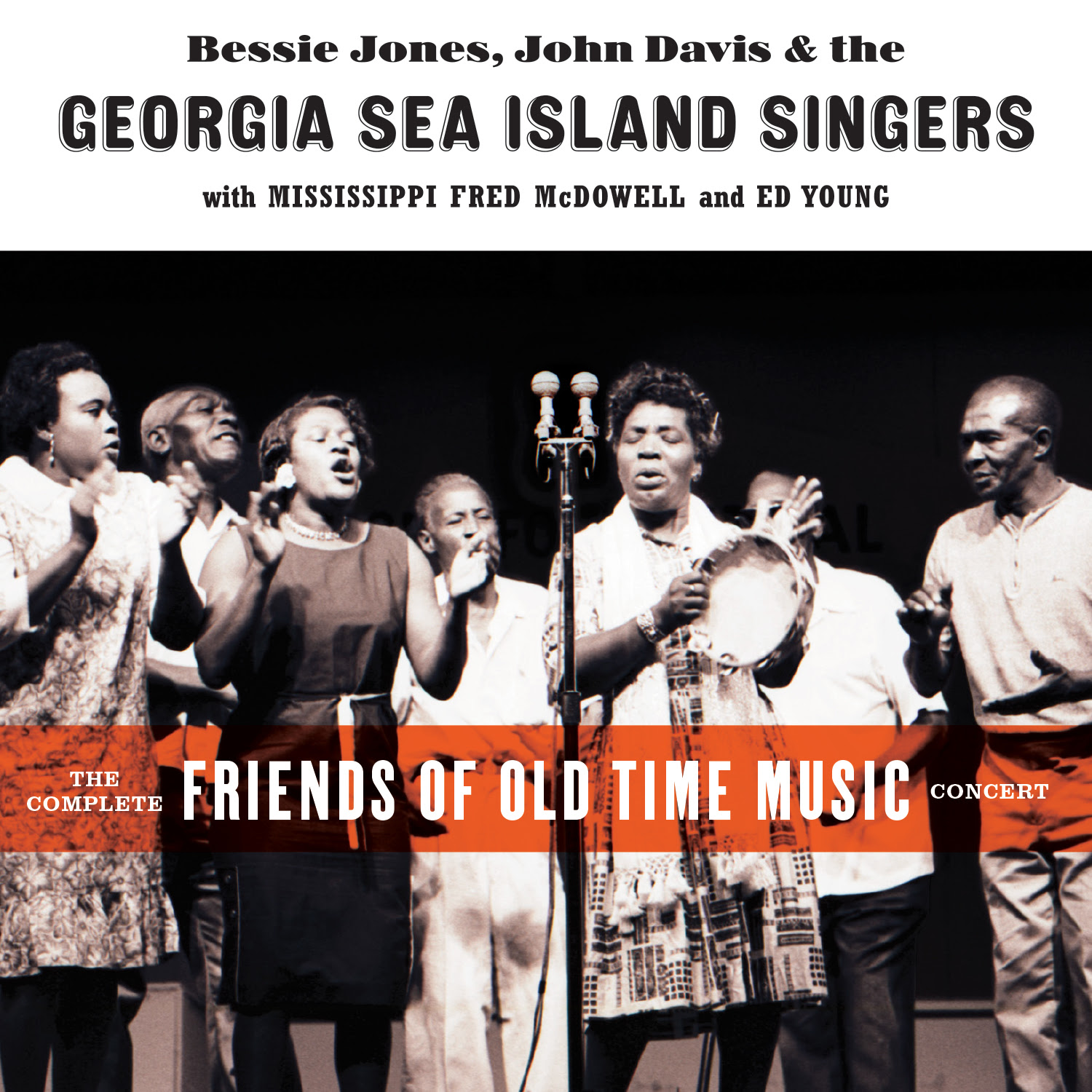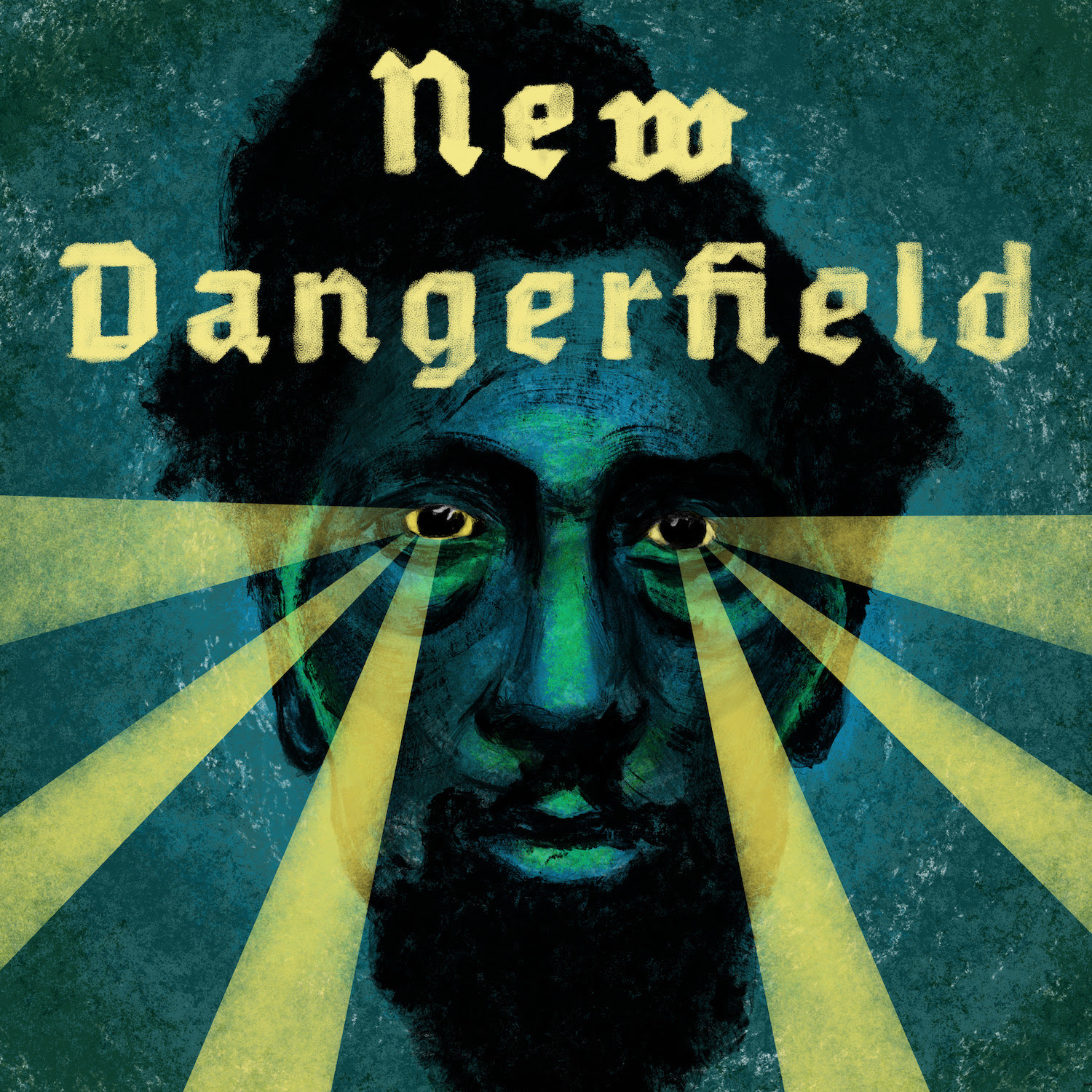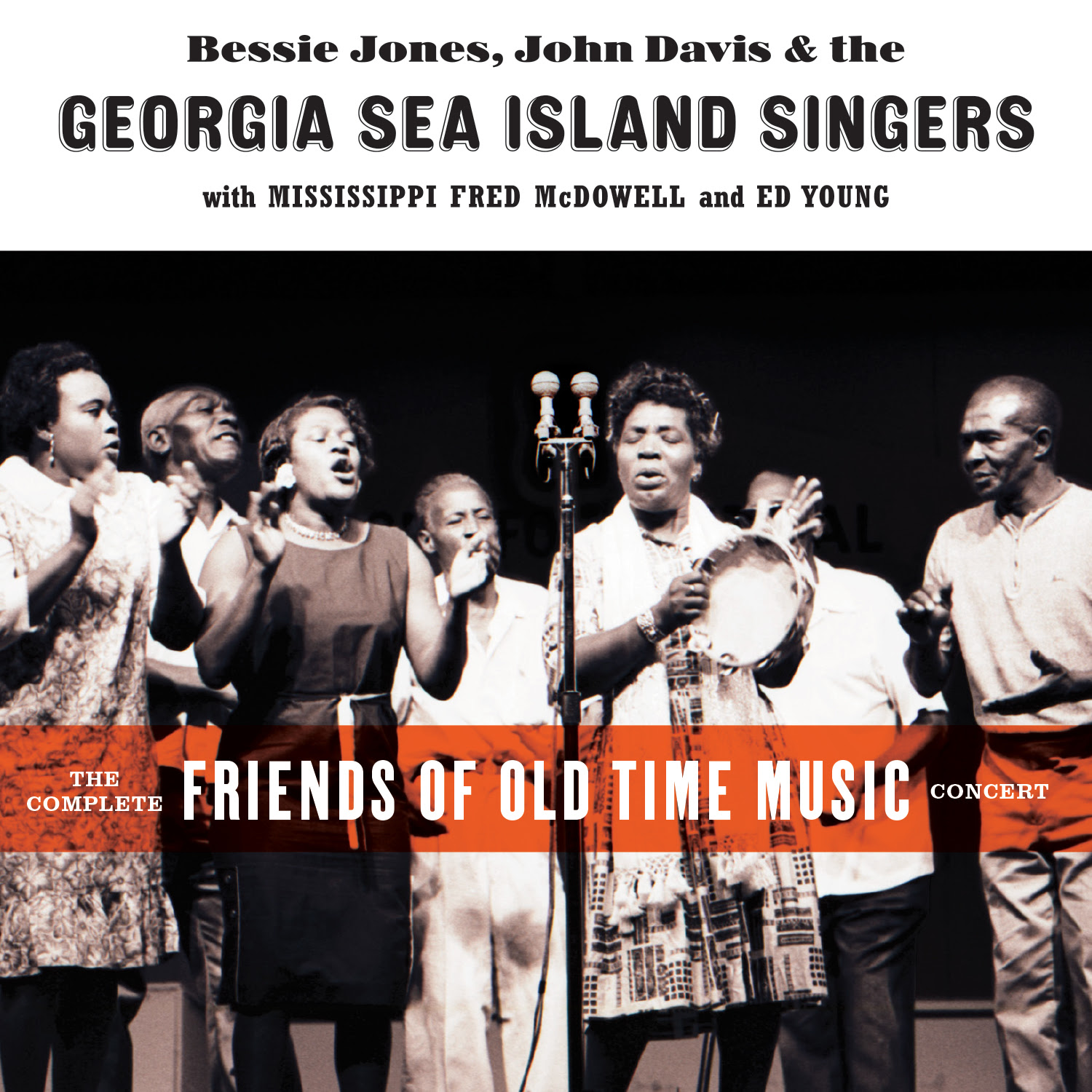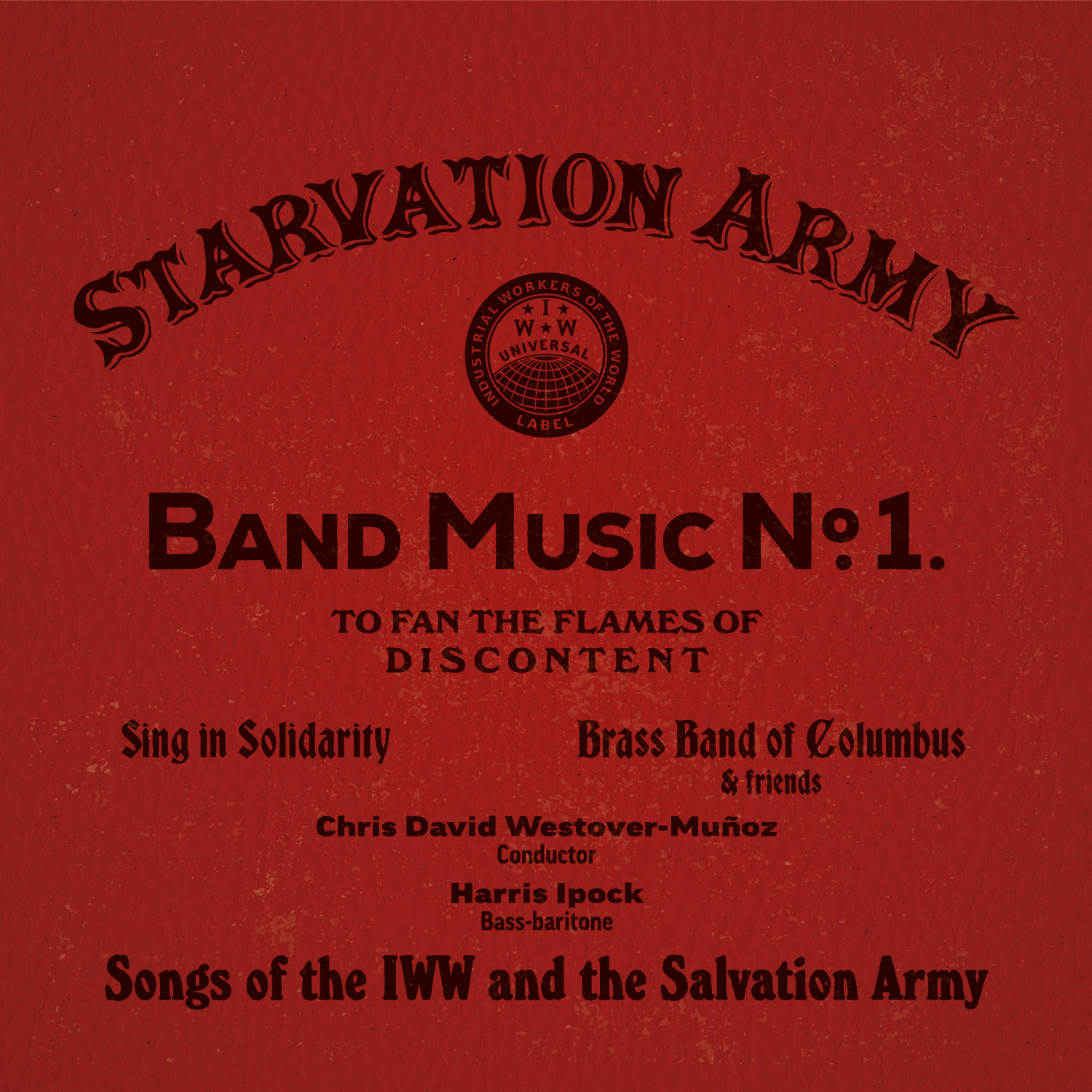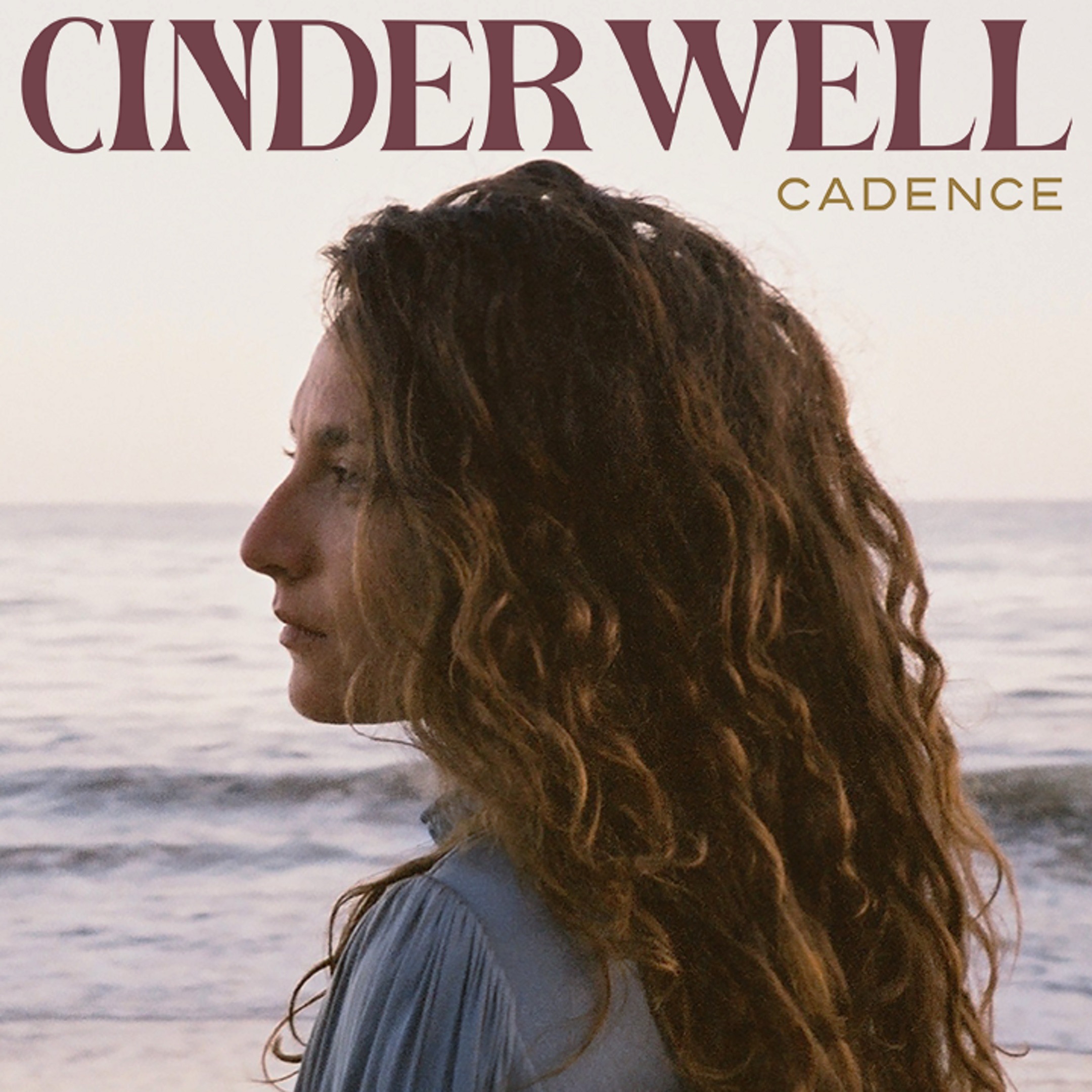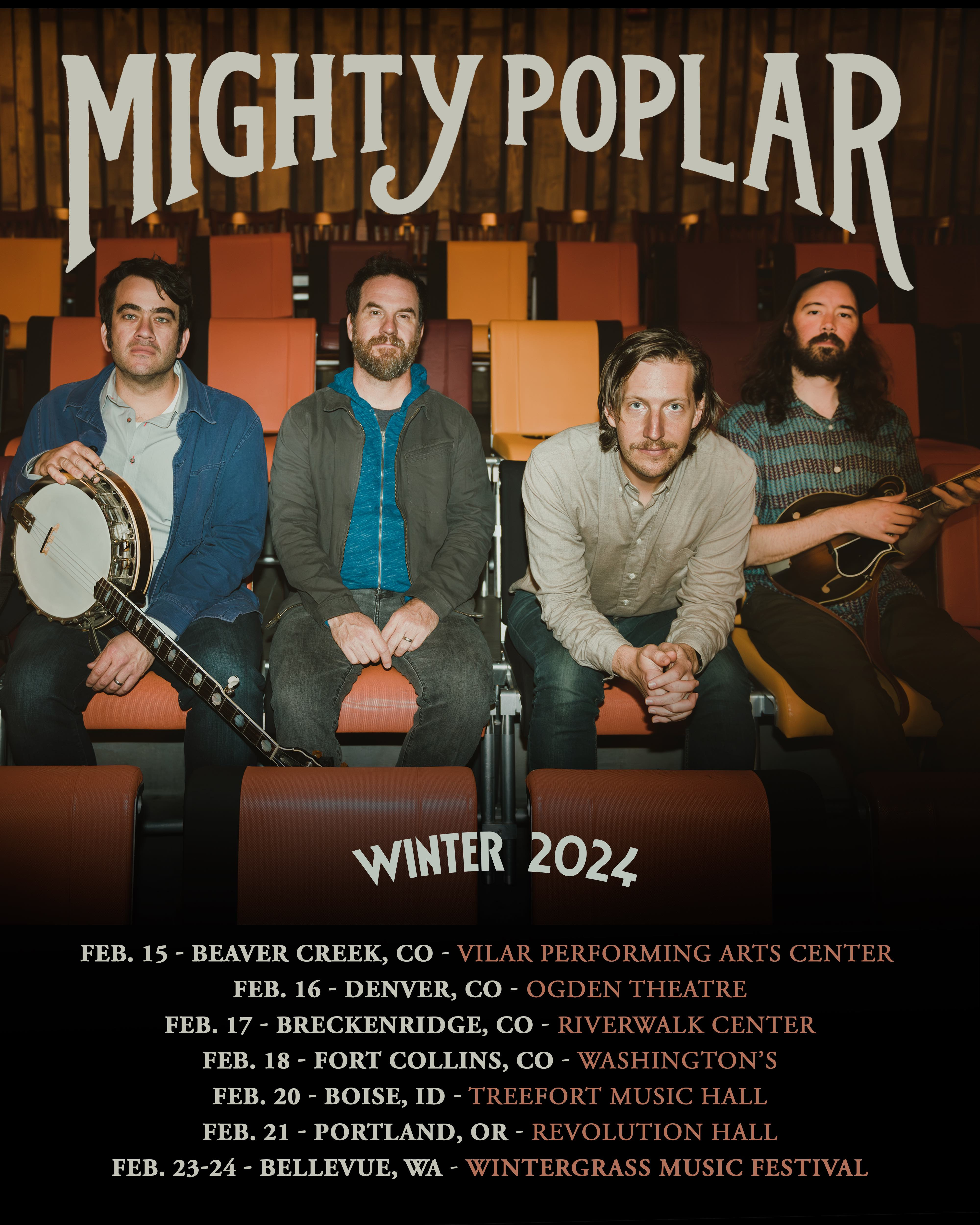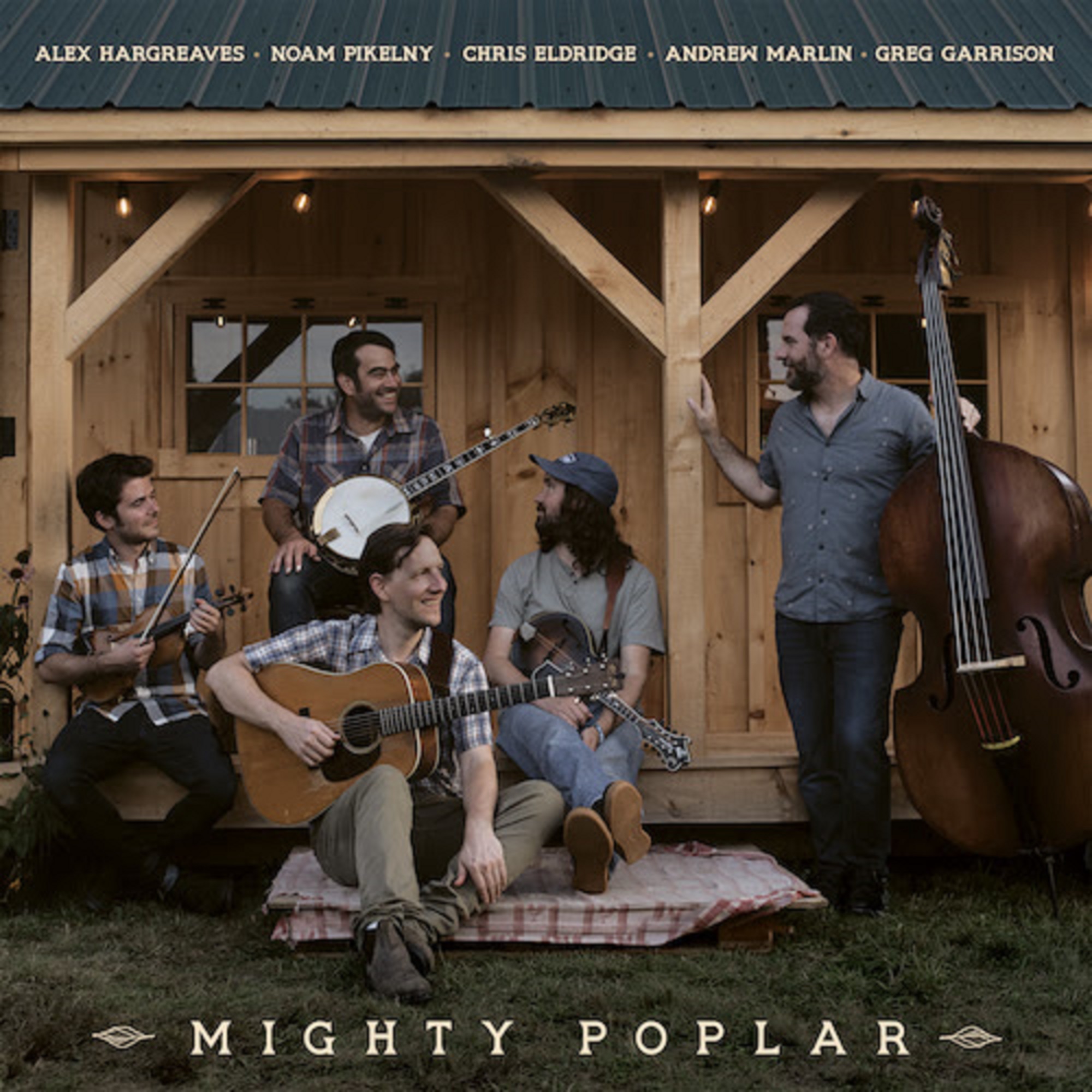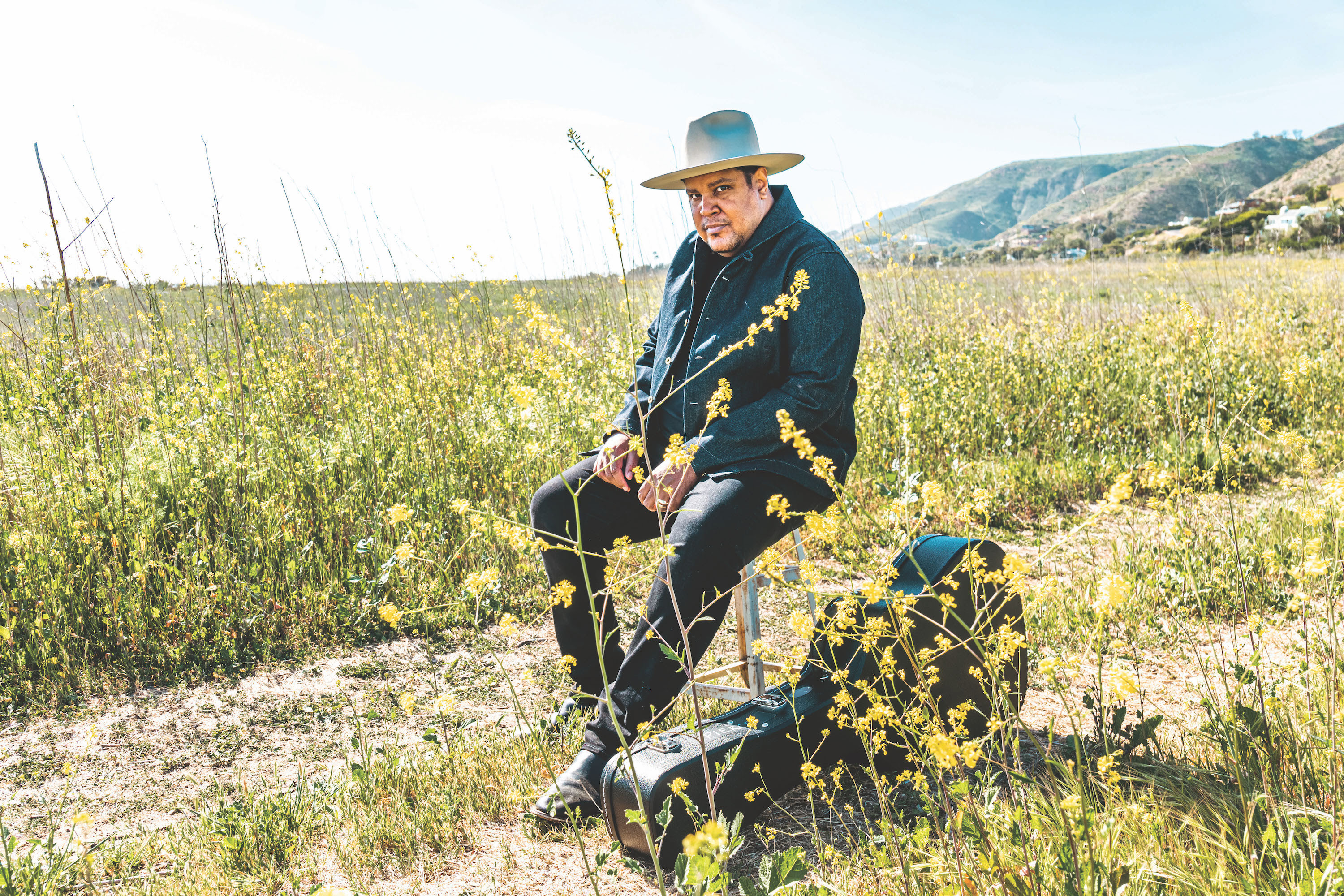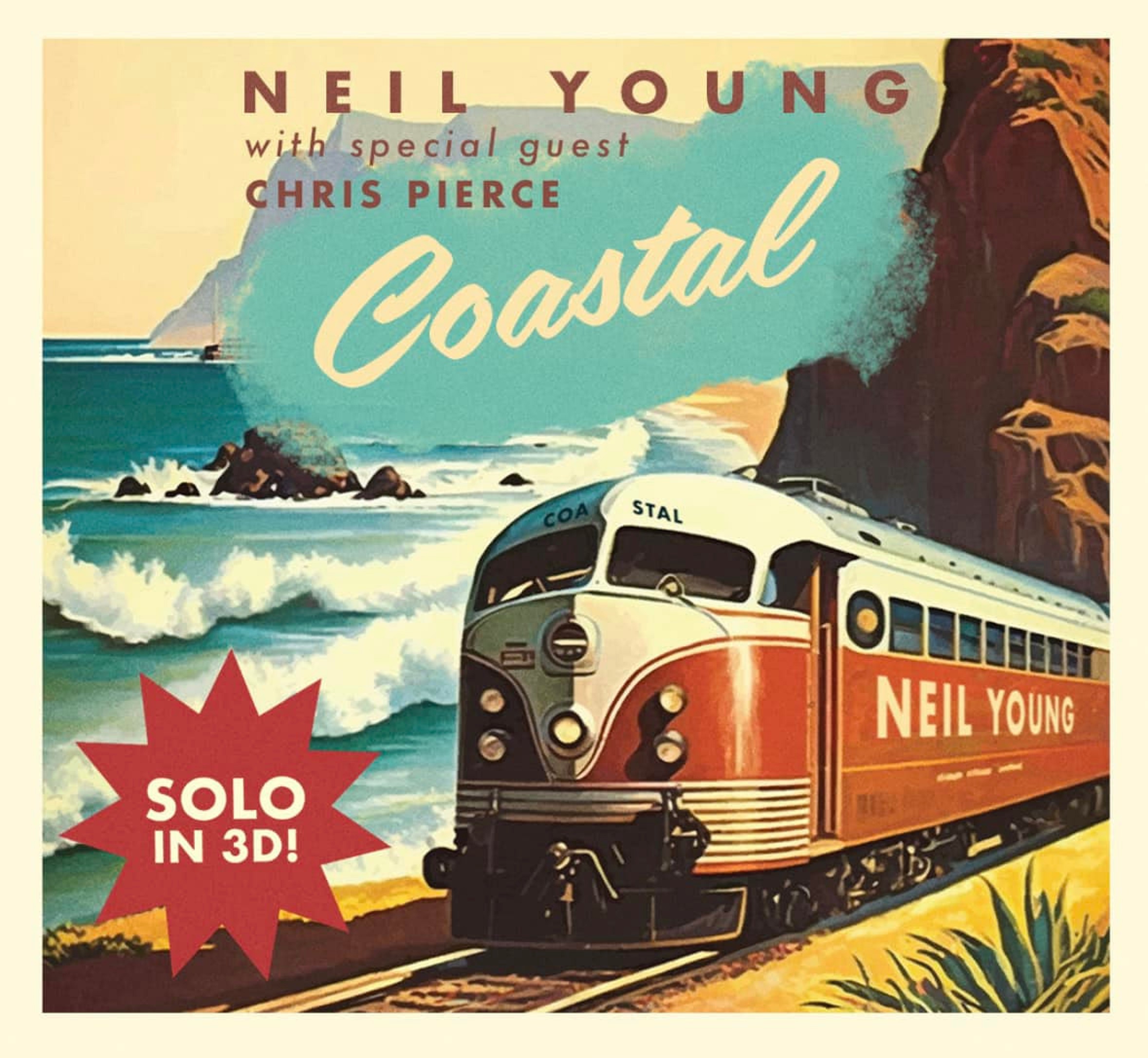A live recording of a concert can preserve one powerful moment indelibly in time. Coming June 14, 2024, Smithsonian Folkways will release The Complete Friends of Old-Time Music Concert by Bessie Jones, John Davis & The Georgia Sea Island Singers with Mississippi Fred McDowell and Ed Young, presenting a riveting, historic look at the intersection of Black folk traditions and civil rights activism. Taken from a concert in April 1965, this recording showcases the haunting songs of the Georgia Sea Islands Singers, led by Jones and Davis–Black folk songs and spirituals that have influenced everyone from Jerry Garcia to Afrofuturist Folkways artist Jake Blount. These songs of the Gullah Geechee people of Georgia even today retain deep connections to Africa, and were encoded with powerful messages of resistance to slavery and oppression. The concert also featured the country blues of legendary singer and guitarist Mississippi Fred McDowell and Mississippi cane fife player Ed Young. It was a star-studded concert, and the excitement of these seminal musicians joining together on songs and inspiring each other is palpable. But the powerful subtext of this concert was clear even then.
“We’re on the road to world peace, and freedom, and integration,” says famed folklorist Alan Lomax brightly in his introduction to the concert. Behind him on the stage, some of the greatest Black folk singers of their time say nothing. Their thoughts on Lomax’s overly optimistic prediction come through in the songs they presented that evening. Songs that prayed to a Biblical God for justice, songs that spoke of the pure barbarity and horror of slavery, the death and murder of so many brought from Africa over the centuries, songs that spoke of the thousands and thousands of marchers in America at that very time during the Civil Rights movement. “If I can’t march, I can sing,” said Mable Hillery of the Georgia Sea Island Singers, herself a noted Civil Rights activist and frequent marcher who had stayed back from protests to testify before this crowd of mostly young, white people in New York City. Captured on a Nagra tape recorder and a good Sony condenser microphone by noted field recordist Peter Siegel, the entire concert is presented here for the first time, each song a revelation. “It's rare that you could put out every song from the concert and they're all good,” says Siegel. It was also a very visual concert. The Georgia Sea Island singers presented actual religious ceremonies, like the complicated dancing and rhythmic percussion of the ring shout, which brought a lot of energy. Everyone in the audience surely felt this energy during the concert, and you can hear the musicians egging each other on.





